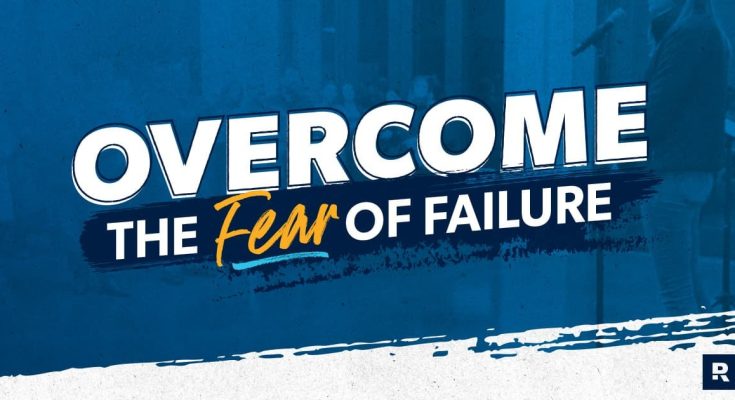In the business world, the fear of failure can be a powerful force. It shapes decisions, stifles innovation, and often keeps talented individuals from reaching their full potential. This fear, while understandable, is rarely productive. It creates a culture of caution rather than curiosity, where the emphasis is placed on avoiding mistakes rather than exploring possibilities. Yet, when organizations and individuals shift their mindset from fearing failure to embracing learning, the transformation can be profound. The journey from fear to love of learning is not just a personal evolution—it’s a strategic advantage.
Failure, in its raw form, is uncomfortable. It challenges our sense of competence and can feel like a threat to our reputation or credibility. In high-stakes environments, where performance is closely monitored and outcomes are tied to tangible metrics, the pressure to succeed can be overwhelming. But the irony is that failure is often the most direct path to growth. When viewed through the lens of learning, setbacks become data points, not indictments. They offer insight into what didn’t work, why it didn’t work, and what might be done differently next time. This reframing is essential for innovation, which by nature involves experimentation and risk.
Consider the example of a product launch that falls short of expectations. The initial reaction might be disappointment or frustration, especially if significant resources were invested. But a learning-oriented approach would prompt a different response. What did the customer feedback reveal? Were there gaps in market research? Did the messaging resonate with the intended audience? By asking these questions, teams can extract valuable lessons that inform future strategies. The failure, rather than being a dead end, becomes a stepping stone toward better outcomes.
This mindset shift requires more than just intellectual acceptance—it demands cultural reinforcement. Leaders play a pivotal role in modeling this behavior. When executives openly discuss their own missteps and what they learned from them, they signal that failure is not taboo but a natural part of progress. This transparency fosters psychological safety, encouraging employees to take initiative, share ideas, and challenge assumptions without fear of retribution. In such environments, learning becomes a shared value, and the pursuit of excellence is driven by curiosity rather than perfectionism.
The transition from fear to love of learning also involves redefining success. Traditional metrics often focus on outcomes—sales figures, market share, profitability. While these are important, they don’t tell the whole story. Process-oriented metrics, such as the number of experiments run, the speed of iteration, or the depth of customer insights gathered, can be equally valuable. They reflect a commitment to learning and adaptability, which are critical in dynamic markets. Organizations that reward learning behaviors, not just results, cultivate resilience and agility.
On an individual level, embracing a love of learning means letting go of the need to always be right. It means approaching challenges with a beginner’s mindset, where questions are more important than answers and exploration is more valuable than certainty. This attitude is especially beneficial in leadership, where complexity and ambiguity are the norm. Leaders who prioritize learning are better equipped to navigate change, build diverse teams, and make informed decisions. They recognize that expertise is not static and that staying relevant requires continuous growth.
Technology has accelerated this shift in many ways. With access to real-time data, online courses, and collaborative platforms, learning is more accessible than ever. Professionals can upskill, experiment, and connect with peers across the globe. But technology alone doesn’t create a love of learning. It’s the mindset behind its use that matters. Are we using these tools to deepen understanding or to validate existing beliefs? Are we open to feedback, or are we seeking confirmation? The answers to these questions reveal whether we are truly learning or simply going through the motions.
Ultimately, the journey from fear of failure to love of learning is about embracing vulnerability. It’s about acknowledging that we don’t have all the answers and that growth often comes from discomfort. In business, where the stakes are high and the pace is relentless, this can feel counterintuitive. But the most successful organizations and leaders understand that learning is not a luxury—it’s a necessity. They create cultures where questions are welcomed, mistakes are mined for insight, and progress is measured not just by what was achieved, but by what was discovered along the way.
This shift doesn’t happen overnight. It requires intentional effort, consistent reinforcement, and a willingness to challenge deeply held beliefs. But the payoff is significant. When fear of failure is replaced by a love of learning, people become more engaged, teams become more innovative, and organizations become more resilient. The path may be uncertain, but the destination is worth it—a workplace where growth is continuous, curiosity is celebrated, and success is defined not by avoiding mistakes, but by learning from them.


